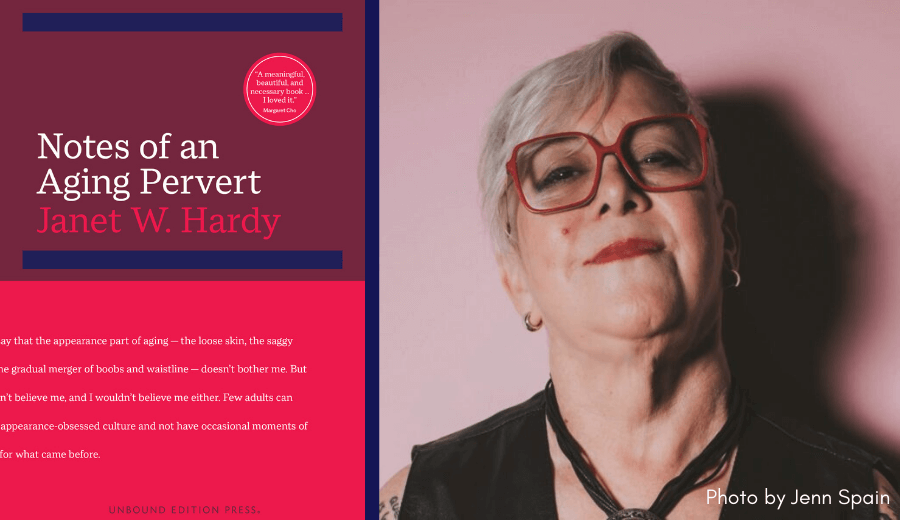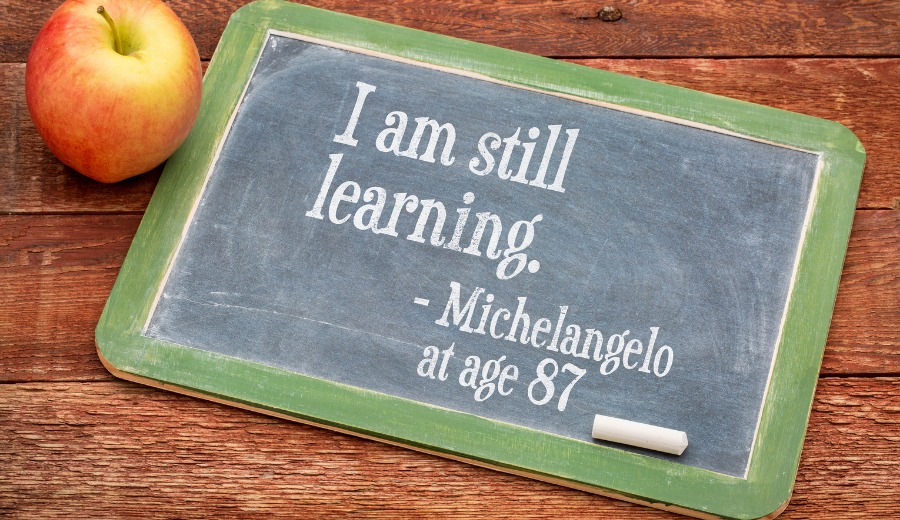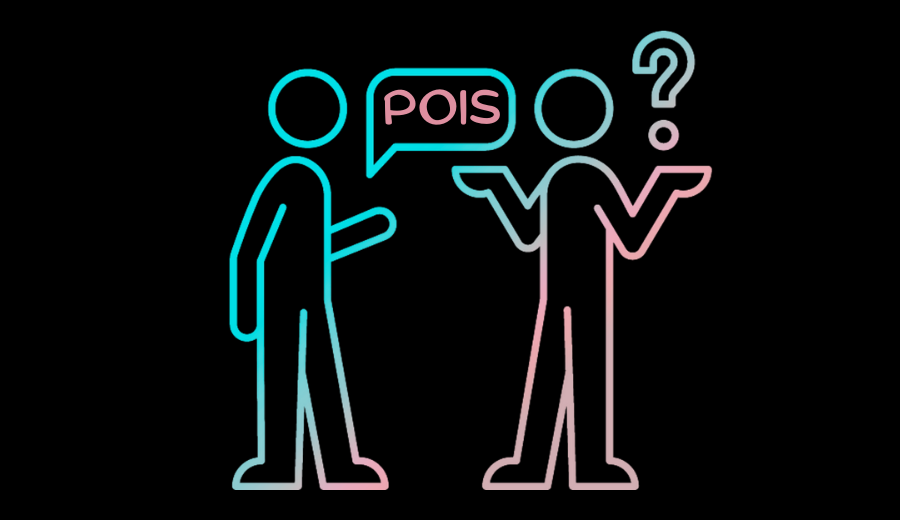

Sexology training courses for physicians: IOSS background and goals
Sexology training courses for physicians: IOSS background and goals
By Francesca Tripodi & Evie Kirana
Sexual medicine has historically been an unofficial specialty with no standards of training or recognition. In the early 20th century, therapy for sexual disorders was available on only a limited scale and only to a select part of the population. However, during the second part of the 20th century, sexual medicine developed into a thriving branch of health care, which is now widely available. Historically, the physicians who provide care within the specialty of sexual medicine have largely been self- taught and come from a variety of medical disciplines including urology, gynecology, venereology, psychiatry, cardiology, endocrinology, and primary care. The quality of care provided by these physicians has, therefore, been mostly unregulated and has only been demonstrable by audit, presentation of data at meetings, publication in peer- reviewed journals, and by the publication of guidelines by scientific societies (1,2).
One way of promoting high standards of medical care is by the regulation and assessment of education and training, regardless of the specialty (3). Thus, in 2011 on initiative of the European Society for Sexual Medicine (ESSM), the Union Européenne des Médecins Spécialistes (UEMS) established a Multidisciplinary Joint Committee on Sexual Medicine (MJCSM), with the primary purpose of the MJCSM to develop the highest possible standards of training in sexual medicine in Europe.
In order to achieve this goal, a curriculum has been developed, educational standards for training set up, and an assessment framework — including development of an examination to become Fellow of the European Committee for Sexual Medicine (FECSM)— has been established (4).
Many efforts were done in these last 10 years to build educational courses for different levels of professions in sexual medicine, to increase knowledge and quality of patient care, and to support trainees in sexual medicine by providing educational opportunities to help them to be successful in the examinations required to become a FECSM (4).
IOSS education and supervision courses are framed in this exciting context.
Insights into the management of patients with sexual dysfunctions has advanced enormously in the past couple of decades and a multidisciplinary approach is accepted as the gold standard. That is why a sexual medicine physician with knowledge and skills drawn from clinical sexology, would be able to offer considerable benefits to patients.
The problem
Although several national scientific associations provide sexology courses for physicians, at different levels and quality, it is still difficult to find training programs in many countries, with expert and international well-known speakers. A lot of colleagues have to travel far away from their own place to get a good education in this field, and this not always possible for logistic and financial reasons.
Many courses do not follow a biopsychosocial approach, meaning that they offer training from a medical point of view, neglecting psychological or cultural aspects involved in the onset of a sexual problem.
After an education course in sexual medicine, it could be arduous for one to find a good supervisor, with the amount of experience and clinical skills which are needed. Moreover, among the requirements to get qualified titles in sexual medicine, individual or group supervision is almost always demanded.
How does IOSS deal with the problem
IOSS aims to provide education and supervision to physicians who want to improve their clinical sexology knowledge and skills. Our plans are built to fit specific needs of colleagues who are looking for high quality program in sexology to shape their own future as specialists. The kickoff education is a good option to refresh the basic knowledge in sexology and for physicians in particular, to raise awareness of the broad spectrum of sexual problems in individuals and couples. The structured course is an alternative for those who need a certification of their supervision and have clearly outlined their career as specialists in this field. On the other hand, the thematic plans will suit colleagues who are interested in gaining training on specific problems, populations or dysfunctions. All that, within a biopsychosocial approach.
Our recognized supervisors will also help to define the needs of early- career sexologists.
The possibility to reach group of colleagues from different disciplines and from different countries in the world promises a rich experience of supervision and education. Least, the online platform will allow high quality education with no other expenses for travelling and accommodation.
- Schultheiss, D. & Glina, S. in The ESSM Syllabus of Sexual Medicine (eds Porst, H. & Reisman, Y.) 13–28 (Medix, Amsterdam, 2012).
- Eardley, I. A curriculum for sexual medicine? J. Sex. Med. 6,1195–1198 (2009).
- Reisman, Y. et al. New developments in education and training in sexual medicine. J. Sex. Med. 10, 918–923 (2013).
- Reisman Y., Selcuk S. Ensuring a bright present and future for sexual medicine. Nature Reviews/Urology (2018).

